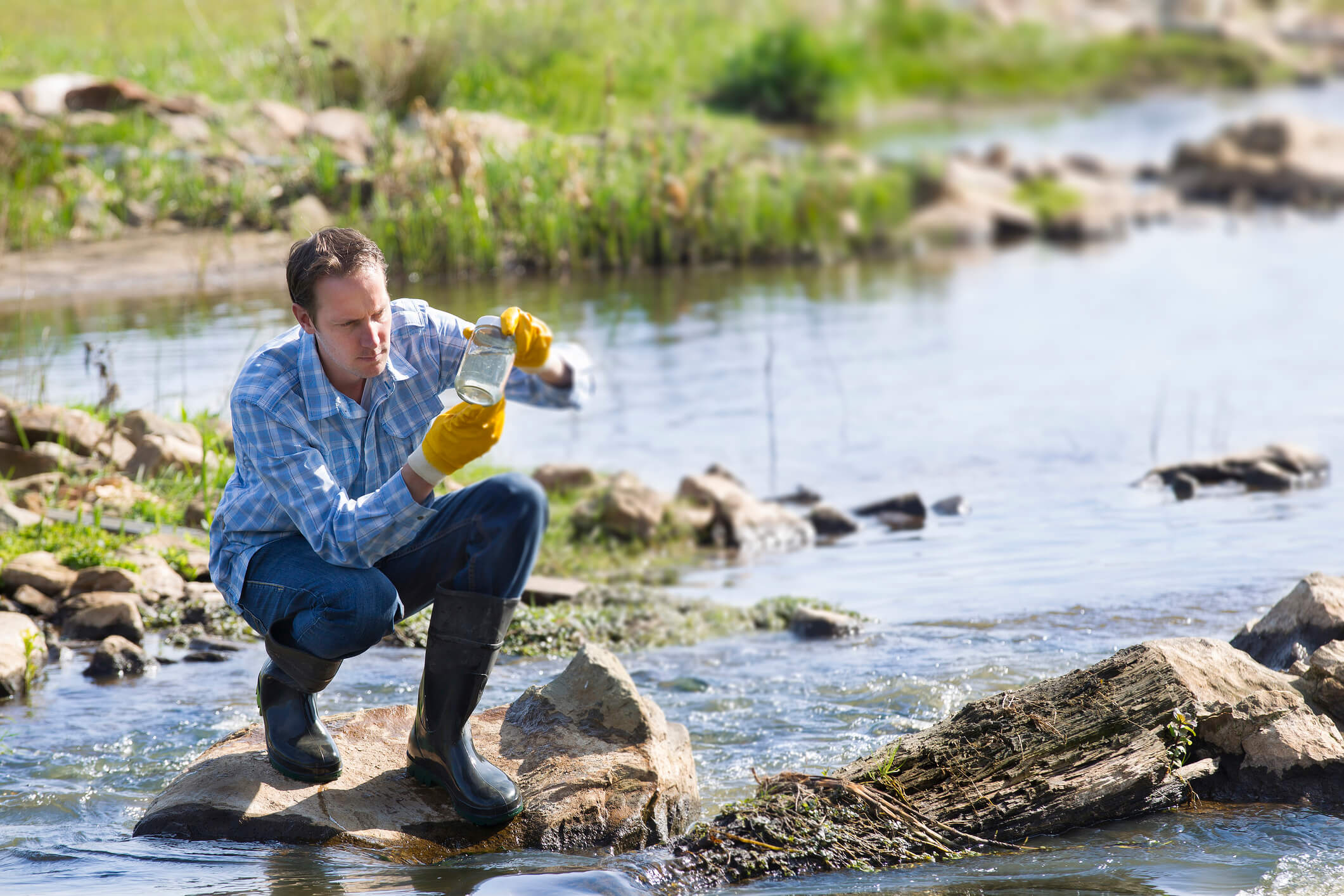An introduction to ocean science and technology
Overall Course Objectives
The course will provide students with a basic knowledge of the world’s oceans and applied technologies in the marine environment. The general object of the course is to encourage a knowledge-based appreciation of “green” solutions to the challenges of marine and maritime activities.
Learning Objectives
- Give an overview of the modern, integrated science of oceanography and how it is practiced.
- Identify reasons why sustainable practices regarding ocean resources (e.g. fisheries, hydrocarbons) are important and affect present and future life and the global economy.
- Demonstrate how the oceans relate to major Earth processes, such as atmospheric and oceanic circulation, climate and weather, plate tectonics, and sustainability of human and marine populations.
- Integrate scientific and technological concepts to real world challenges in the marine environment.
- Conduct group work in preparing a project on a selected aspect of applied marine technologies.
- Communicate aspects of ocean science and technology to a broader public.
- –
- –
Course Content
This course provides an introduction to the world’s oceans, their impact on climate, the life they support and the challenges posed by human activities, particularly with respect to sustainable development goals #14 (Life below water) and #13 (Climate action). The course will focus on both the scientific aspects of oceanography as well as the technological aspects of exploring, monitoring and sustainably making use of marine resources. Material covered includes ocean basins and their marginal seas, seawater chemistry, general circulation patterns and coupling to the atmosphere, ocean productivity and marine food webs, and ocean-climate interactions. Each topic covered will also present relevant technological applications such as underwater sensors, remote vehicles, satellite observations, offshore structures, geo-engineering, potential energy harvesting, and mariculture.
Teaching Method
Lectures and group project work.
Faculty
Remarks
This course provides students with competences relevant to UN SDGs, particularly #13 (Climate action) og #14 (Life below water)
Limited number of seats
Minimum: 5.
Please be aware that this course will only be held if the required minimum number of participants is met. You will be informed 8 days before the start of the course, whether the course will be held.




